In a renewed show of pressure against the Cuban government, the United States has imposed visa restrictions on Cuban President Miguel Diaz-Canel, alongside Defense Minister Alvaro Lopez Miera and Interior Minister Lazaro Alberto Alvarez Casas. The sanctions, announced by US Secretary of State Marco Rubio via social media platform X on July 12, mark the latest move in Washington’s long-standing policy of confronting Cuba over alleged human rights abuses, with specific reference to the government’s response to mass protests in 2021.
Rubio, a vocal critic of the Cuban Communist Party, emphasized the connection between the sanctions and the Cuban government’s violent crackdown on demonstrators during the unprecedented unrest that swept across Havana and other parts of the island four years ago. “Four years since the Cuban regime’s brutal crackdown on protestors, the State Department is restricting visas for Cuban regime figureheads… and their cronies for their role in the Cuban regime’s brutality toward the Cuban people,” Rubio stated. He further demanded the release of all political prisoners and insisted on “immediate proof of life” for those reportedly detained under unclear circumstances.
The July 2021 protests were sparked by acute economic hardship, widespread power outages, and a collapsing healthcare system under the pressure of COVID-19. Thousands of Cubans took to the streets in what was described as the largest anti-government demonstration since the 1959 revolution. The Cuban government, led by Diaz-Canel, quickly blamed the United States for inciting the unrest through online disinformation campaigns and economic strangulation.
Diaz-Canel at the time described the protests as a product of “imperial destabilization tactics” orchestrated from abroad, particularly from Florida-based Cuban exile communities and Washington policy hawks. His administration’s response, which included the arrest and prosecution of hundreds of demonstrators, drew widespread condemnation from international human rights organizations and Western governments, including the European Union and Canada.
In May of this year, the Biden administration imposed sanctions on three Cuban judges and a prosecutor for their roles in the prosecution of Luis Robles, a young activist who was arrested in 2020 for peacefully holding up a sign demanding freedom and the release of political prisoners. Robles was sentenced to five years in prison and only released earlier in 2025, after serving nearly the full term.
The recent visa sanctions signal a continuation of the hardline approach that began during the Trump administration, which rolled back President Barack Obama’s normalization efforts. Trump reinstated Cuba on the US list of state sponsors of terrorism-a designation that brings severe economic and diplomatic consequences-just days before leaving office in January 2021. That listing has not been reversed by the Biden administration, despite some early expectations that it would seek to re-engage with Havana diplomatically.
The Cuban Foreign Ministry has harshly criticized the new measures. In an official statement, it denounced the visa restrictions as a violation of international law and an act of “imperialist arrogance.” The ministry reiterated that Cuba would not yield to US pressure. “We are free, sovereign and independent, and we are going to continue building our revolution, despite the tightening of the blockade,” President Diaz-Canel declared in remarks repeated from a 2024 speech to the National Assembly.
Cuba has endured a comprehensive US trade embargo since 1962. Despite periodic efforts at rapprochement, the embargo remains a major source of economic deprivation on the island, particularly after Trump-era sanctions further curtailed access to remittances and international financial networks. The Biden administration has maintained much of this framework, while offering modest adjustments, such as increased family reunification measures and the resumption of limited consular services.
The international response to the latest sanctions has been sharply divided. Russia and China, both longtime allies of Havana, have condemned the US actions. In a May op-ed published in Cuba’s state-run newspaper Granma, Russian Foreign Minister Sergey Lavrov accused Washington of “weaponizing human rights” and called for the “immediate and unconditional lifting of the illegal and inhumane blockade.” Beijing echoed similar sentiments, warning the US against unilateral coercive measures and expressing “firm support for Cuba’s sovereignty.”
Within Latin America, the move has also reignited debate about US influence in the region. While some governments have echoed Washington’s concerns about repression in Cuba, others-especially in left-leaning administrations like those in Venezuela, Nicaragua, and Bolivia-have expressed solidarity with Havana. The Organization of American States (OAS), which has long had a strained relationship with the Cuban government, issued no formal statement.
Human rights groups have responded with cautious approval of the visa restrictions but have also called for a more consistent and comprehensive US policy. “Sanctions targeting specific individuals responsible for abuses are better than indiscriminate economic measures,” said Juan Pappier, a senior researcher at Human Rights Watch. “But the US must ensure that its actions are not driven purely by Cold War-era politics but are part of a broader strategy to support civil society and democratic norms.”
As the island continues to struggle with inflation, food shortages, and mass emigration, the political stalemate between Havana and Washington shows no sign of easing. The latest visa bans may exert further pressure on the Cuban leadership, but whether they will yield any tangible shift in policy-or merely reinforce entrenched positions on both sides-remains to be seen.
Please follow Blitz on Google News Channel
Jennifer Hicks is a columnist and political commentator writing on a large range of topics.
us-imposes-new-visa-sanctions-on-cuban-leaders-over-2021-crackdown




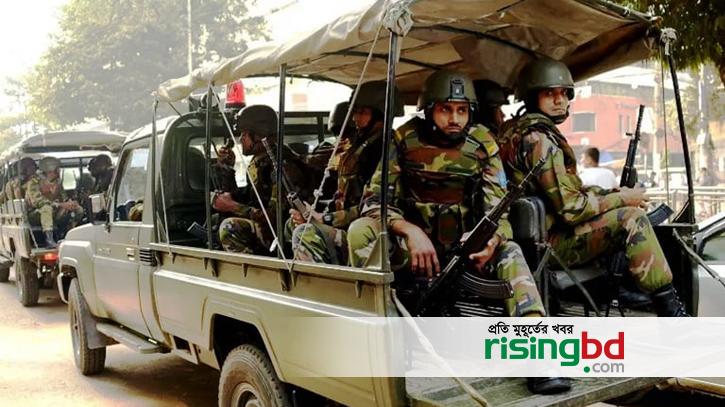

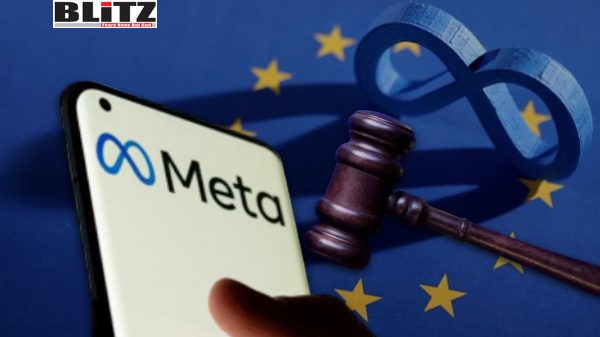


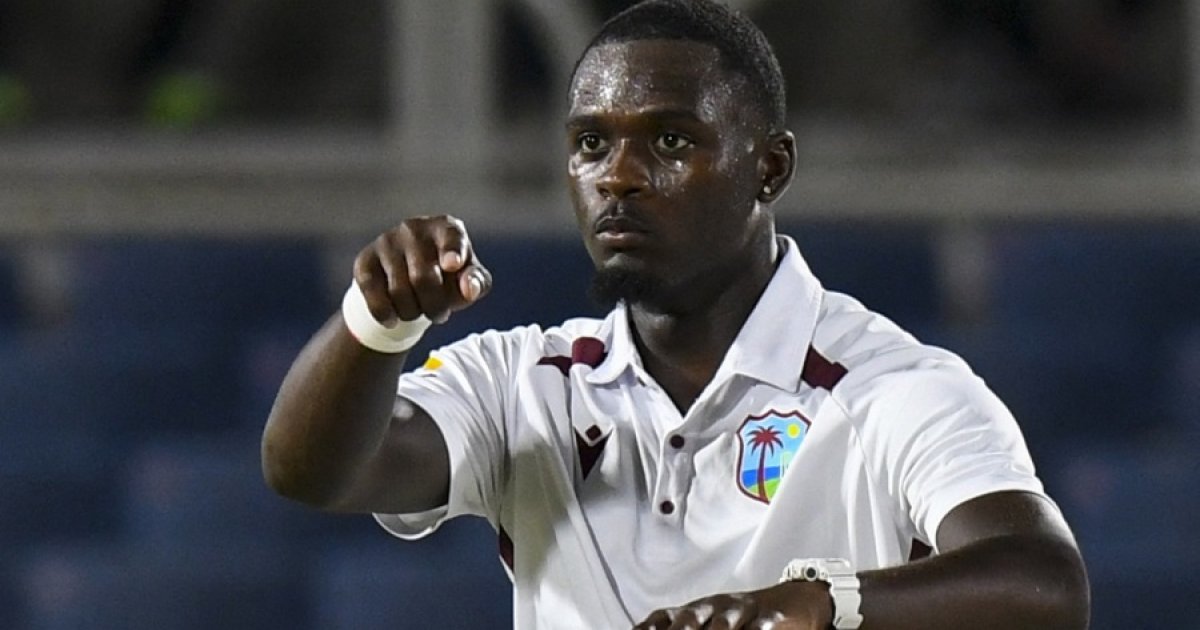



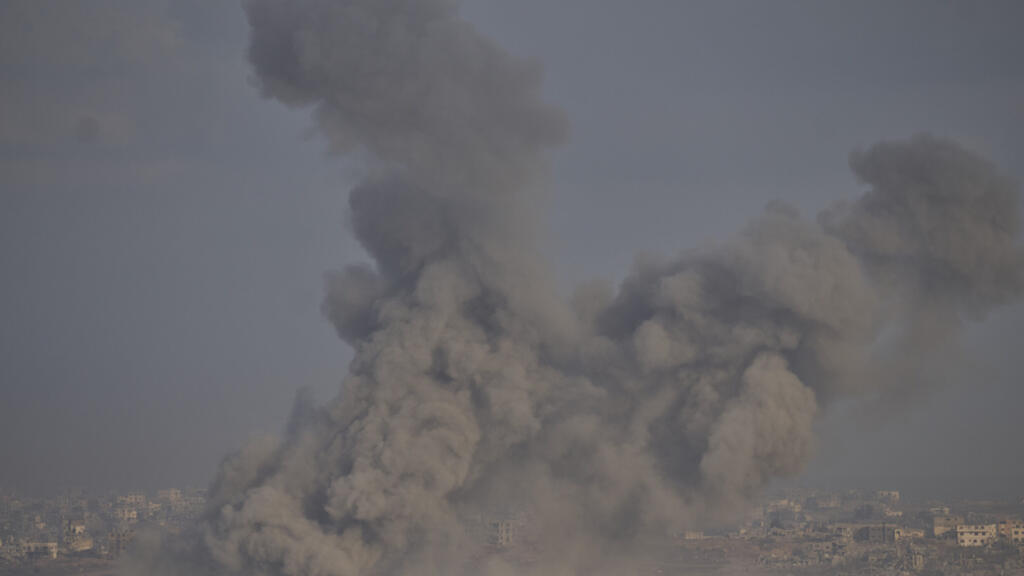
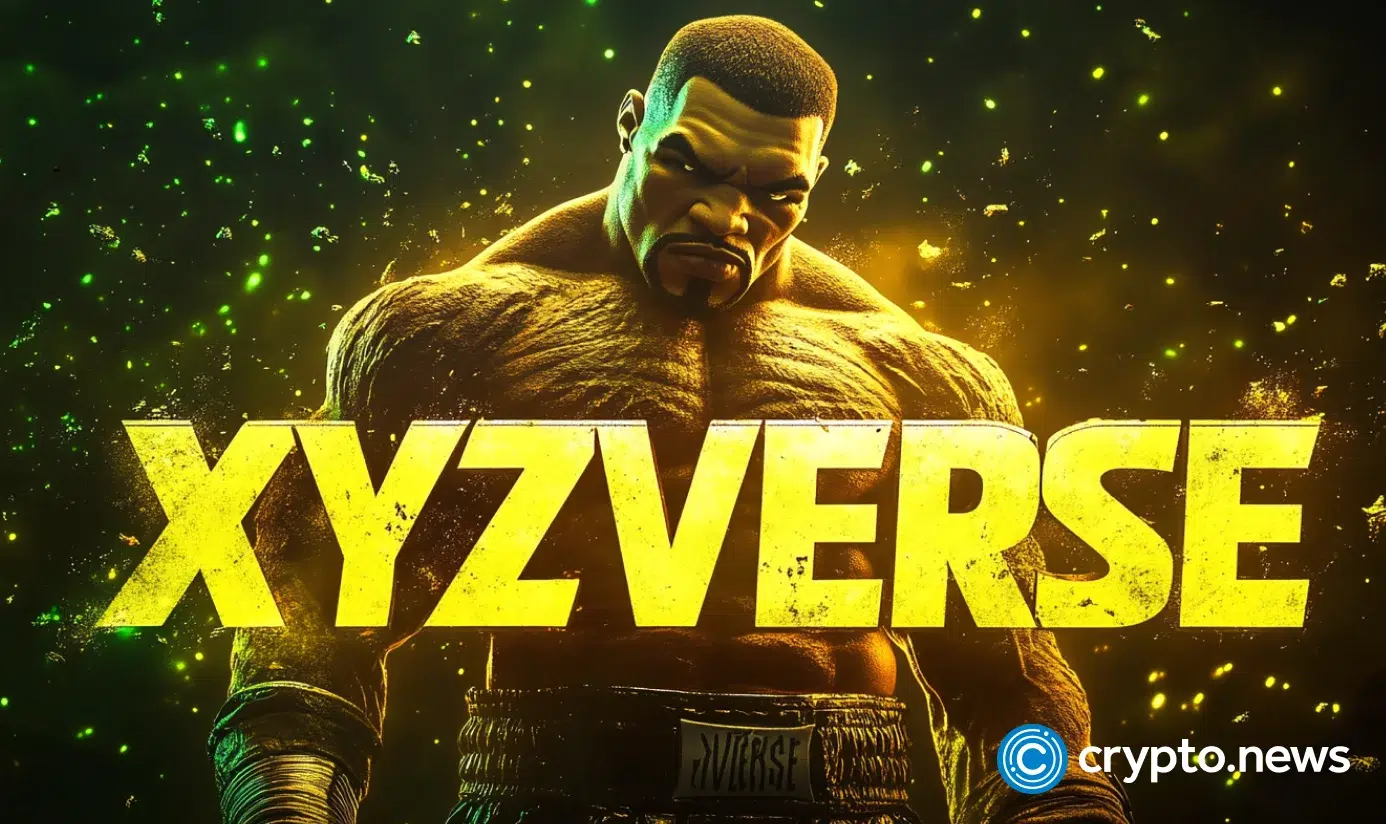
Leave a Reply